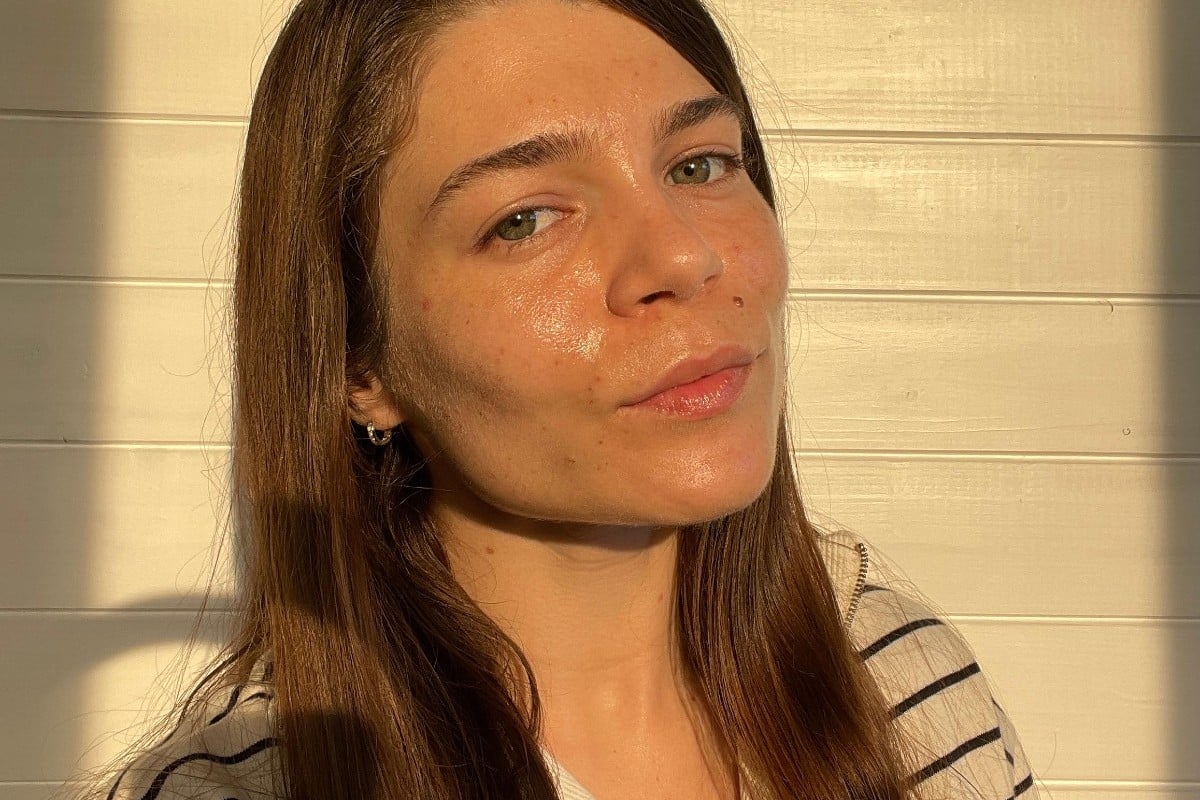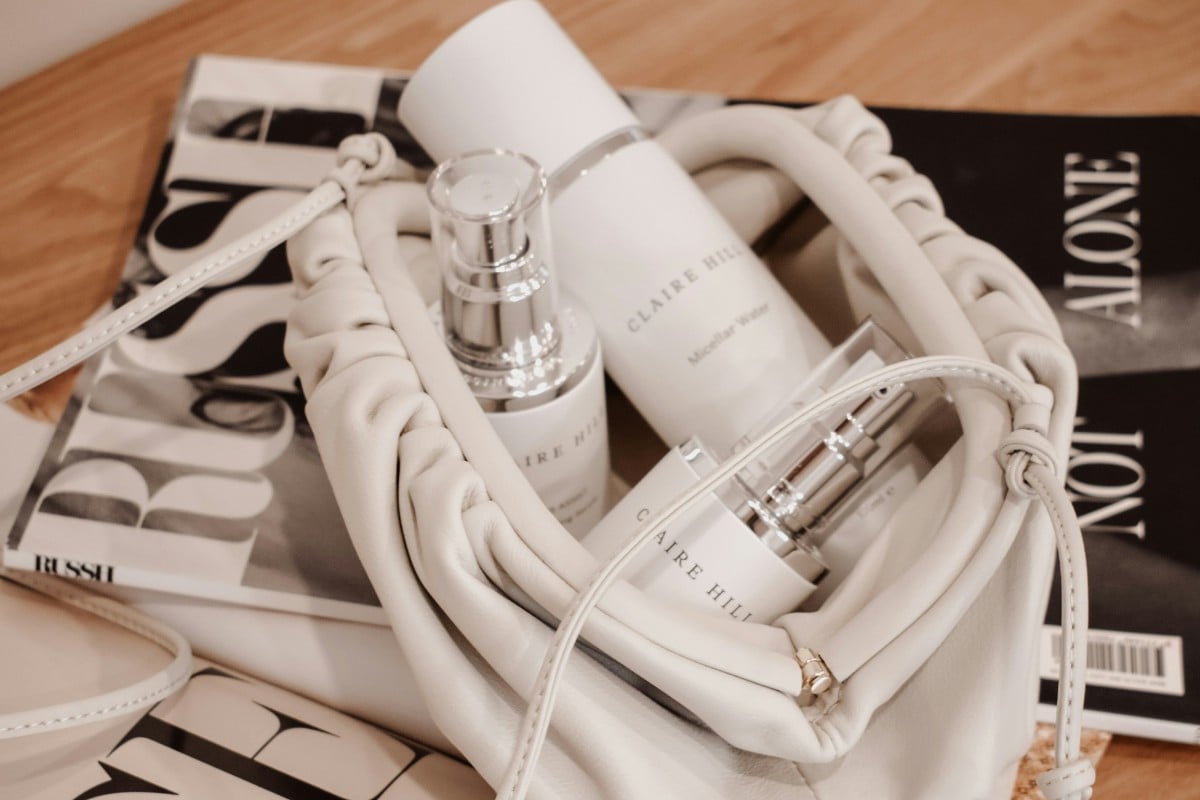You’ve probably heard all sorts of tall tales about moisturizers, like how your skin can get addicted to them or how acne-prone skin should never use them. We’re here to give you straight-up facts and debunk common moisturizer myths that have been around for a while.
Myth: Skin becomes addicted to moisturizer
No, moisturizer addiction is not a thing. Rather, we become addicted to the feeling of plump and hydrated skin that we weren’t born with. When people say that skin can become “addicted” to moisturizer, they mean that over time, using a moisturizer regularly can make the skin rely too much on it to stay hydrated and healthy. But it’s not like your skin becomes truly addicted to moisturizing products in the sense that it can’t function without them.
What’s really happening is that regular use of moisturizer increases the level of hydration your skin is genetically programmed to have. This can “cause” the skin to become accustomed to the external hydration you give to it, which can also mask underlying dryness or other dermatological issues. So when you stop using the moisturizer, your skin will simply return to its baseline condition, which can be dry, normal, or oily.
During the process, however, you may feel your skin a bit drier and tighter. This is what dermatologists call a “rebound effect,” where your skin needs time to readjust to return to its original state. According to a recent study, the skin usually recovers its normal hydration levels within one to three weeks after cutting a long-term moisturizing regimen. So, while your skin may feel a bit drier for a short time, it’s not a sign of dependency.[1]
Myth: Moisturizer makes the skin lose its ability to hydrate itself
Another common myth you should not believe is that moisturizer makes skin lazy and less capable of hydrating itself. One of the theories that led to this idea was that the natural production of skin oils would be reduced by the constant use of moisturizers. This isn’t true, and that myth has already been debunked by other dermatologists. Moisturizer doesn’t reduce the natural amount of oils produced by the skin but rather prevents the excess production of sebum caused by dehydration. When your skin lacks moisture, the body makes more sebum to compensate for the loss. This is one of the reasons moisturizers help balance oily skin.
Moreover, the skin doesn’t regulate its oil production in response to applying topical products—hormones within the body control oil production. There’s no external signaling that can change how skin behaves. If there is anything, moisturizers help reorganize the skin layers’ structure, which actually improves hydration.[2]
Myth: Moisturizer is bad for the skin
Some people are wary of using moisturizer because it reduces the skin’s natural ability to exfoliate, but that’s not a reason to ditch it altogether. While it’s true that some moisturizing products, especially occlusives, can sit on the skin’s surface and block dead cells from shedding, that’s easily remedied with a regular exfoliating routine.
Relying on moisturizer alone for too long might not be the best idea after all. It could also weaken the epidermal barrier without stimulators, as Dr. Obagi warns in an interview for Byrdie. The key is to find a moisturizer that works for you and exfoliate your skin, preferably with acids, at least once weekly to stimulate the natural cell renewing process.
Here’s a guide on how to moisturize your skin and create a moisturizing regimen that caters to your unique skin needs.
Myth: Everyone needs to moisturize every day, twice daily
The truth is not everyone needs to use a moisturizer all the time, especially if you don’t have an underlying skin condition like eczema. Feel free to skip it now and then if your complexion is not particularly dry, tight, itchy, or oily. Still, at some point, we can all benefit from a good moisturizer, could be during the winter months or after sunburn.
Myth: You don’t need to moisturize if you have oily or acne-prone skin
Don’t be driven by the idea that you don’t need moisturizer if you have oily or acne-prone skin. That couldn’t be more wrong. Just because your complexion tends to be oily doesn’t mean it can’t lack moisture and become dehydrated. A moisturizer can actually balance skin oiliness, just like not using it can push the sebaceous glands to produce more sebum to compensate for the lack of moisture, which leads to a never-ending cycle of a greasy appearance and pores congestion. However, you must be thoughtful with what type of moisturizer you use because some formulas can work against you. Ideally, use an oil-free and non-comedogenic moisturizer that doesn’t contain heavy occlusive. We recommend these natural moisturizers for acne-prone skin.
Myth: You should not use moisturizer during the summer months
Although it’s true that the hot and humid weather can make your skin more oily and sweaty, it’s not a reason to give up on moisturizer. Your skin craves hydration year-round, not just in the winter. Both sun exposure and air conditioning can exacerbate dryness, so moisturizing regularly is essential to keeping your complexion moist. Opt for a lighter, watery formula during the hot season to avoid feeling heavy or greasy. We bet on these humectant moisturizers to provide long-lasting moisture during summer.
Myth: SPF moisturizers replace sunscreen
No amount of SPF in a moisturizer can replace your sunscreen. This is because you’d need to apply a lot of product to get the same protection as you would from a broad-spectrum sunscreen. However, we don’t say no to SPF moisturizers. They still come in handy on days when you’re staying indoors or for a quick trip to the grocery store.
Myth: Expensive moisturizers are better than drugstore ones
This is a common myth in the beauty industry, but believe us, a higher price tag doesn’t justify or reflect the quality of a product. Some expensive moisturizers may contain exotic ingredients or have luxurious packaging that doesn’t necessarily make them more effective. In fact, there are a lot of drugstore brands that provide good moisturizers with the same active ingredients as high-end ones but at a much lower price point. Neutrogena, CeraVe, La Roche-Posay, and Olay are good examples.
Myth: Moisturizers dry out the skin
There’s some truth in this that moisturizers may cause your skin to dry out from the inside out. Particularly, moisturizers that contain humectants like hyaluronic acid and glycerin can force the skin to pull water from its deeper layers and bring it to the surface, where it gets evaporated and results in dryness.[3] This is why some people may feel their skin dry even after moisturizing. This is often happening for those living in a dry climate or during winter months when the air is less humid. One way to prevent the moisturizer from drying out your skin is to use occlusives like shea butter, squalane, or petrolatum, which create a protective film over the surface to lock in moisture and stop it from evaporating.





